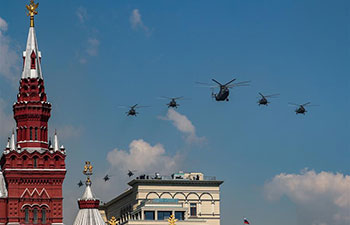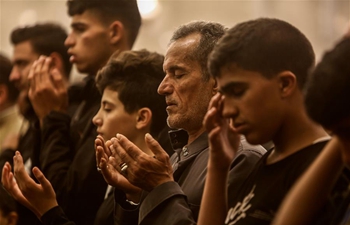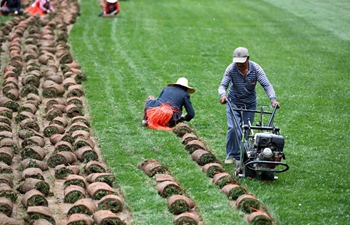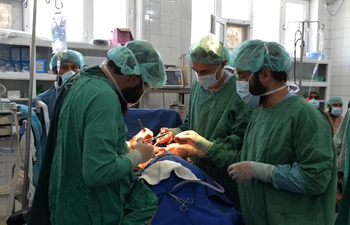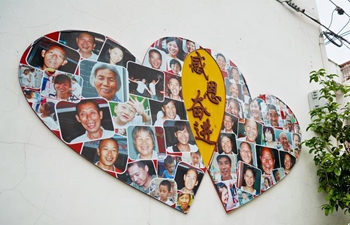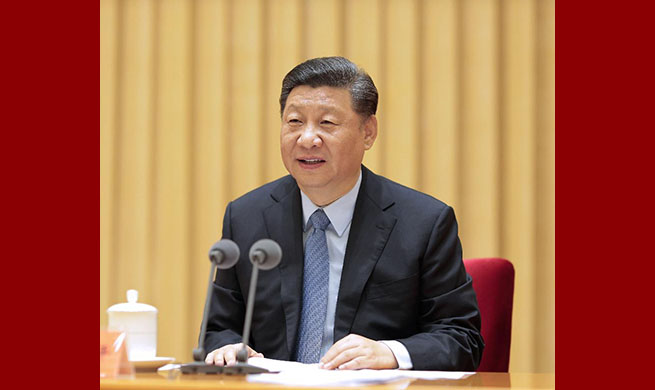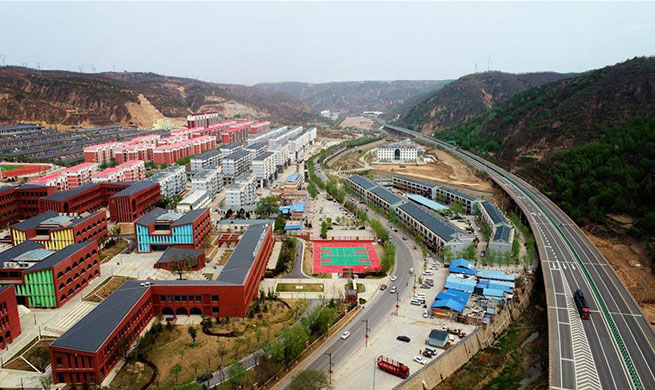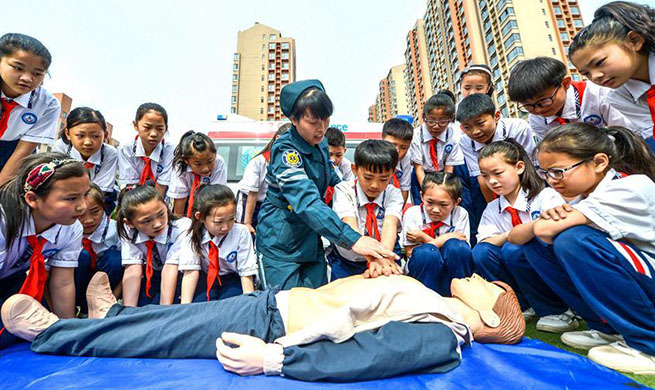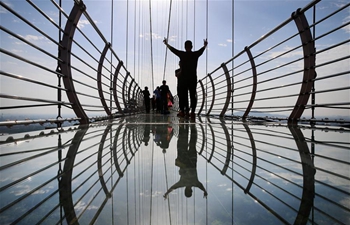LOME, May 8 (Xinhua) -- The parliamentary elections held on April 28 in Benin have, for the first time, flared into an unprecedented hectic situation since the advent in the 1990s of the democratic renewal in the west African country.
Instead of setting the stage for a peaceful environment to foster economic development, the elections were scorned for non-inclusiveness as opposition parties were said to be arbitrarily excluded from the process.
Meanwhile, voter turnout marked a record low during the April elections. Only 1.3 million voters cast their ballots out of 4.9 million registered voters, representing a 27.12 percent participation rate, Benin's political scientist Parfait Assogba said.
The participation rate was compared to 52 percent and 76 percent in 1991 and 1995, respectively, and according to the National Institute of Statistics and Economic Analysis, the nation's population is projected to be 11.884 million in 2019.
Assogba said the low turnout was essentially the aftermaths of the call for an election boycott by seven opposition political parties, who were excluded of the election process as they were said to be not complying with provisions of the new charter of political parties and the new election code.
Though about ten parties were to be in competition, only two, "Bloc Républicain" and "Union Progressiste", who are close to President Patrice Talon, fulfilled registration.
This has led to nationwide unrest, as political actors failed to find compromises. Missions of the Economic Community of West African States (ECOWAS) and the United Nations also failed to bring actors of the election system and opposition parties to reaching a consensus in ensuring inclusivity for the elections.
The stage was then set for an outcry against the elections, as the opposition called for demonstrations in the capital Cotonou.
Protest marches occurred under the rallying cry "No election without opposition political forces", and spread over the country until voting day in some northern and central areas and were violently repressed by the security forces.
President Talon, through a broadcast debate, had asked for restraint from the demonstrators and opposition leaders.
However protests continued after the results published on May 2 by the Constitutional Court showed the "Bloc Progressiste" and "Union Republicain", two parties close to the president, respectively gained 47 and 36 seats, leading to an entirely Talon-supportive parliament.
Benin authorities also stepped up measures with military forces to repress protesters, causing the death of at least three people.
Analysts say the events have opened an era of unrest likely to impact negatively development efforts in Benin, until the democratic model with a peaceful political regime and fair elections in the west African country return.
